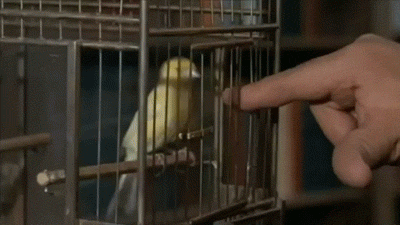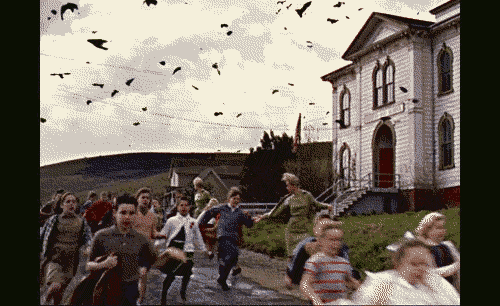Alfred Hitchcock - Blog Posts



Etude n-23, dessin


So much Alfred Hitchcock floating around in my head right now

I'm pretty sure it's true
"A movie that happens everywhere matters nowhere." - Alfred Hitchcock ("Blackmail" (1929); "Murder!" (1930))
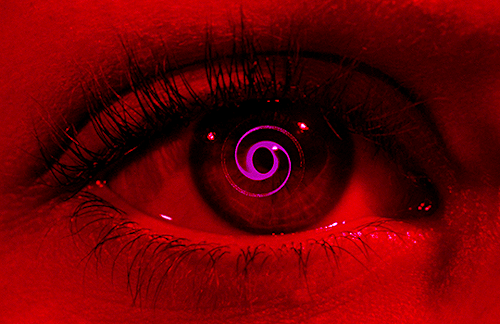
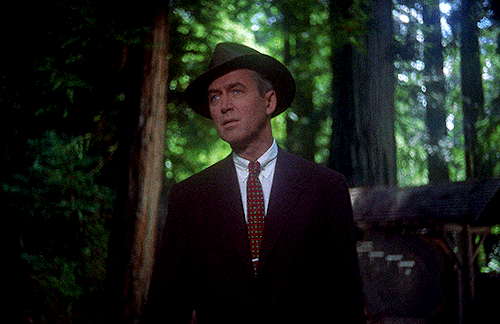
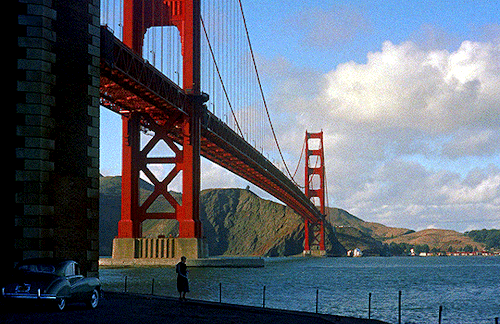
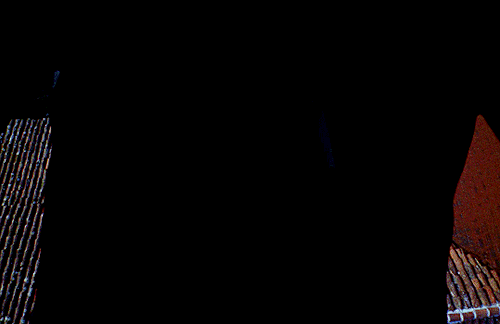

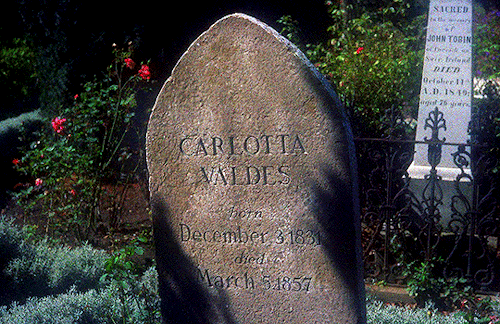
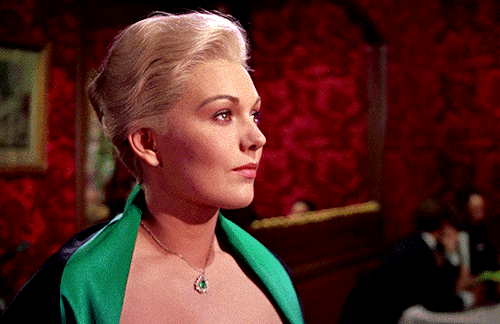
One final thing I have to do. And then, I’ll be free of the past.
Vertigo (1958) dir. Alfred Hitchcock

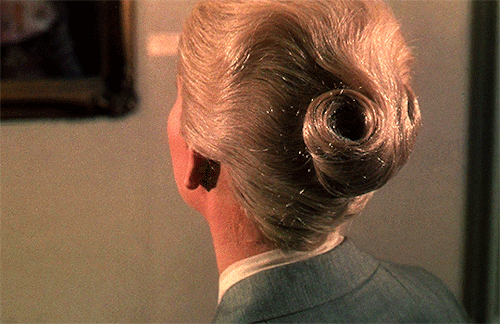
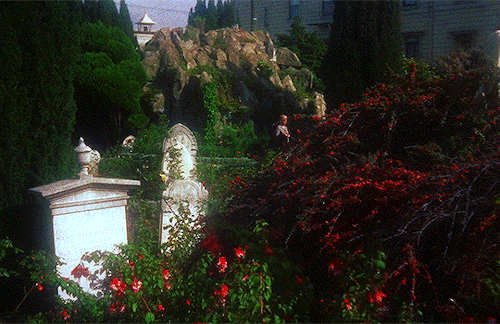
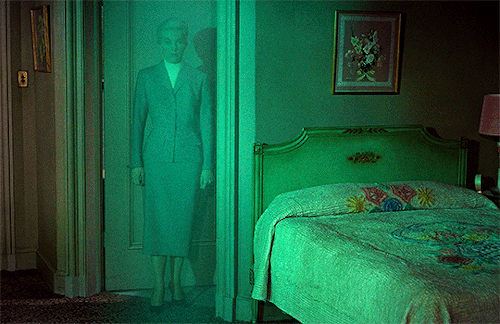
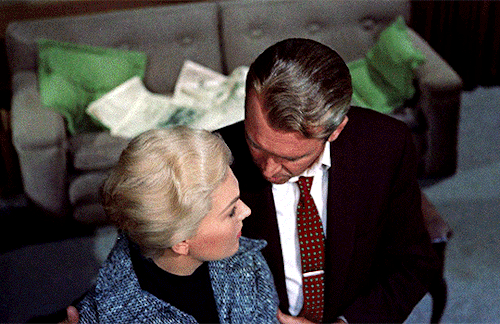
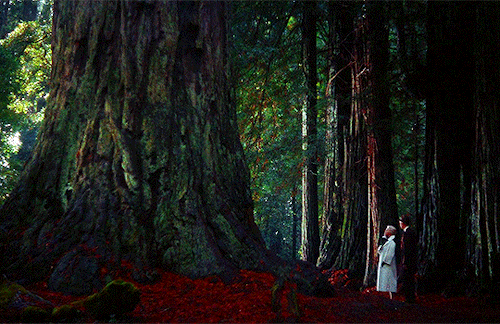
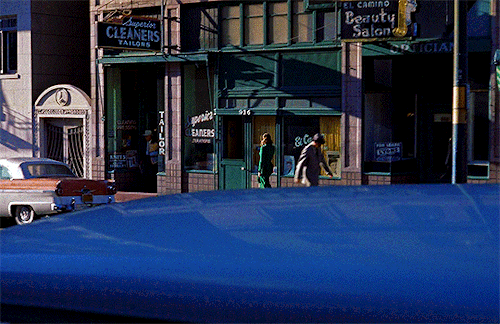
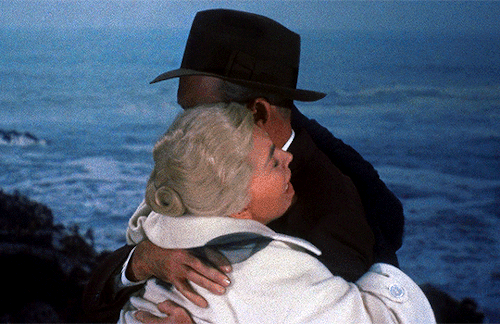
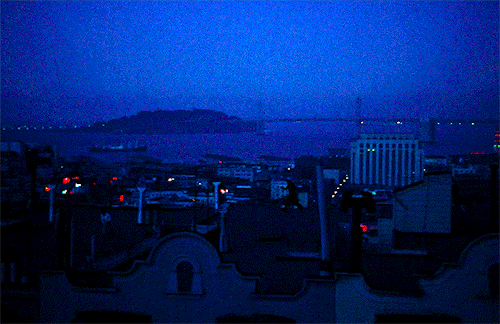
If I let you change me, will that do it? If I do what you tell me, will you love me? Vertigo (1958) dir. Alfred Hitchcock

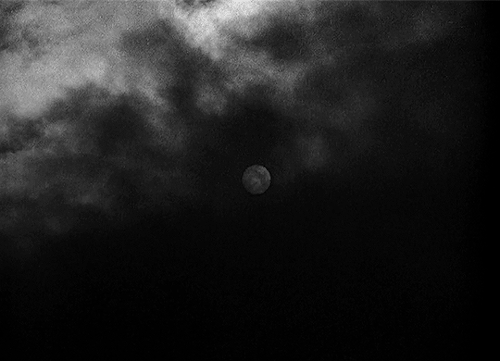
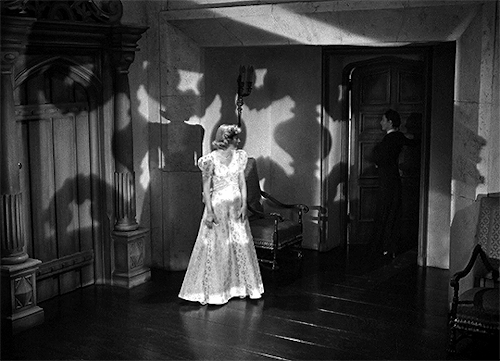
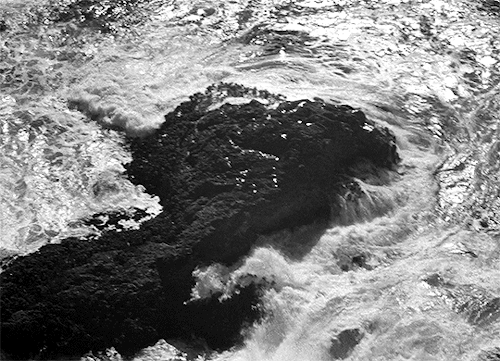
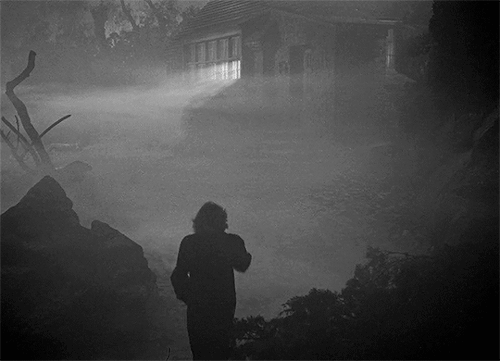
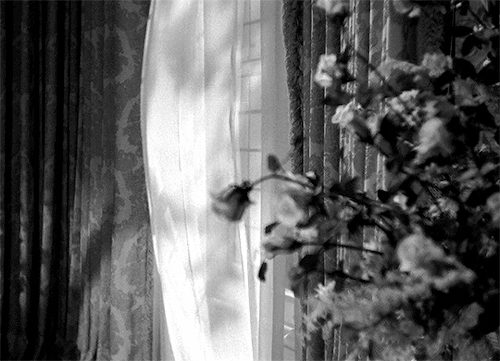
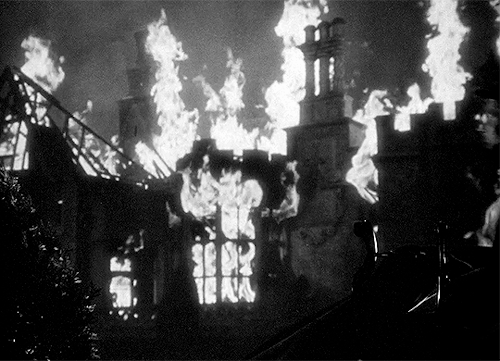
Why don’t you go? Why don’t you leave Manderley? He doesn’t need you… he’s got his memories. He doesn’t love you, he wants to be alone again with her. You’ve nothing to stay for. You’ve nothing to live for really, have you? Rebecca (1940) dir. Alfred Hitchcock
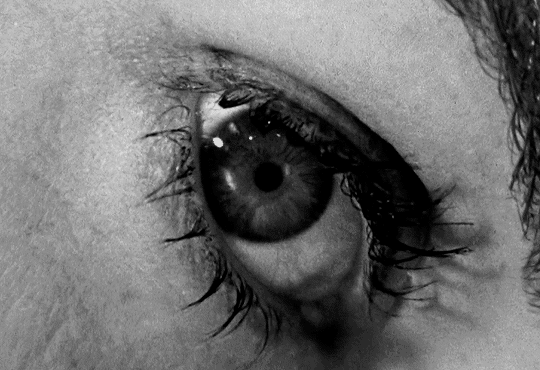
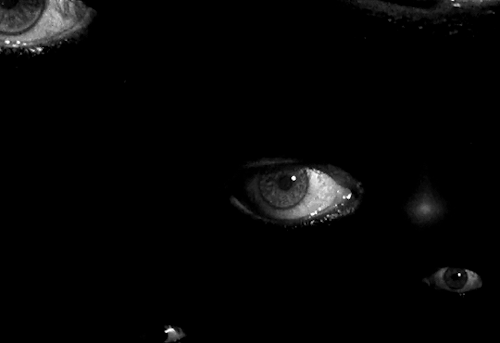


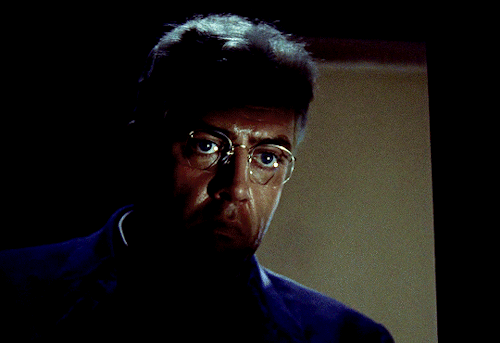
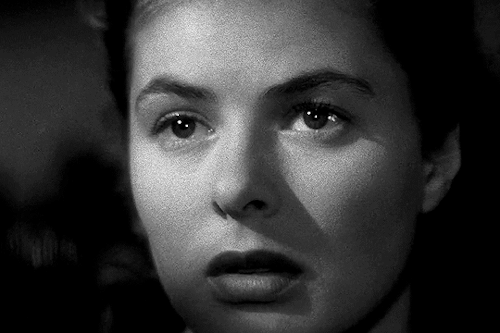

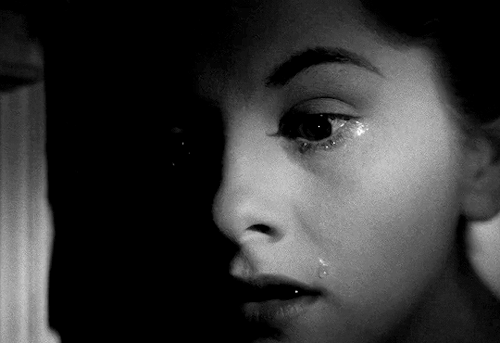
Eyes in Hitchcock Films
Psycho (1960) Spellbound (1945) Vertigo (1958) Rear Window (1954) Rebecca (1940)







Why don’t you go? Why don’t you leave Manderley? He doesn’t need you… he’s got his memories. He doesn’t love you, he wants to be alone again with her. You’ve nothing to stay for. You’ve nothing to live for really, have you? Rebecca (1940) dir. Alfred Hitchcock








Only one is a wanderer. Two together are always going somewhere.
Vertigo (1958) dir. Alfred Hitchcock
The Lady Vanishes (1938)
was pretty good
Shadow of a Doubt (1943) it is
today watching I Confess (1953)
while making and eating my supper
Anyone have movie recs for someone who really enjoyed Psycho and Dr. StrangeLove?
preferably black and white, but not a necessity. Also don’t recommend more Alfred Hitchcock movies to me, I already have a plan to watch more.

REAR WINDOW (1954) (The ultimate movie for a summer in Quarantine)
It has been said that this film evokes summer in the city like no other, and it feels particularly apt for one in which many of us have been confined to our homes. Windows in London are currently flung open due to a heat wave, and I’m finding myself much more conscious of my neighbours, of the routines of the street, and of the inherently communal nature of urban life. This emphasises the effect that climate can have on the way we experience and behave in buildings and cities - something which is often overlooked by designers. Another aspect of being confined to an apartment is that the details of the interior, and of the limited space visible from the windows, can seem to expand to comprise your entire universe. Few of us have had as absorbing a world to observe as Jimmy Stewart does here, however, as a photographer holed up in a small Manhattan residence with a broken leg, and nothing to do all day but spy on neighbours with his telephoto lens. Architecture often played a central role in Hitchcock's films, and several commentators such as art historian Steven Jacobs have written about this at length .He discusses the symbolism of Rear Window’s set design in this essay and in the book The Wrong House: The Architecture of Alfred Hitchcock. (Poster by Adam Simpson via missedprints)



